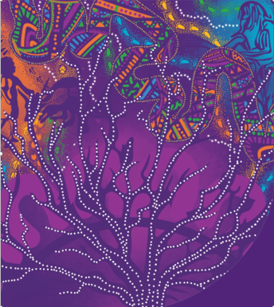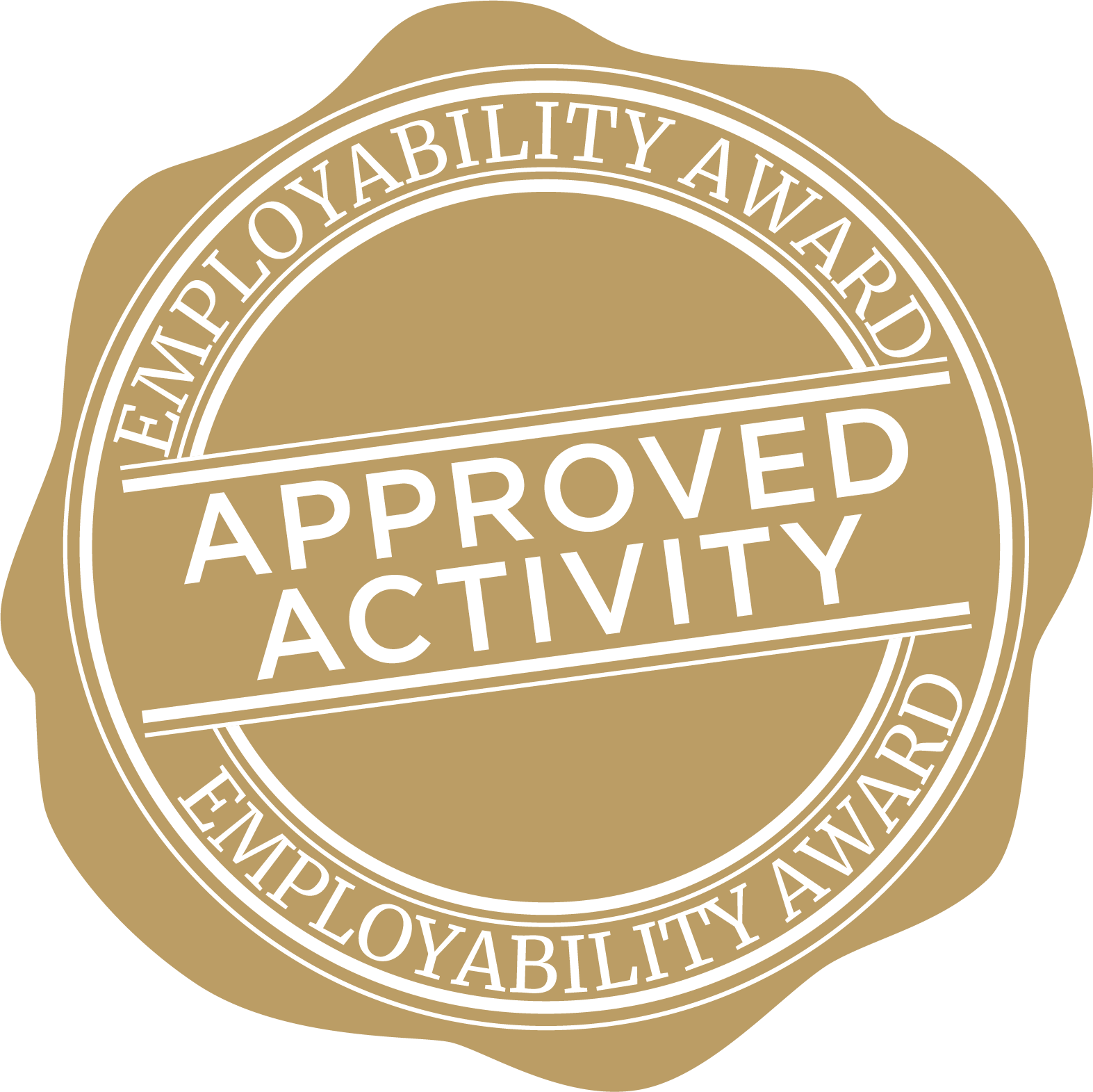Welcome to the Creating Brave Spaces for Health Communication module.
Acknowledgement of Country
 We would like to acknowledge the Traditional Custodians of the lands on which this module was designed and developed, the Yuggera and Turrbal people. We invite you to learn about and acknowledge the Traditional Custodians of the lands on which you join us.
We would like to acknowledge the Traditional Custodians of the lands on which this module was designed and developed, the Yuggera and Turrbal people. We invite you to learn about and acknowledge the Traditional Custodians of the lands on which you join us.
We would like to pay our respects to the Ancestors and Descendants of these lands and acknowledge their continued cultural and spiritual connections to Country. We would also like to recognise their valuable contributions to Australian and global society.
Acknowledging Country is not a tick box exercise, particularly in this module about creating brave and safer spaces in health communication. Acknowledging Country is a process for learning and respectfully engaging in cultural protocols from your own cultural position. By situating ourselves in relationship to Country, we are seeking to be open and to reflect on the space and place we occupy – working to make it more culturally respectful and inclusive. With that in mind, we would like to acknowledge the tremendous contribution of Aboriginal and Torres Strait Islander peoples to Western ideas and understanding of the concepts and practices that we will be learning about in this module.
Learning Objectives
 With these important introductory notes, let’s dive into the Learning Objectives for this module:
With these important introductory notes, let’s dive into the Learning Objectives for this module:
By the end of this module, you will be able to:
- Understand the concepts ‘identity’ and ‘culture’
- Identify and understand how identity and culture inform the differences between cultural competence, cultural safety and cultural humility in health communication
- Identify the role of reflection and reflexivity in creating brave and safer spaces for health communication 1,2
- Understand the importance of creating brave and safer spaces for health communication1,2
Disclaimer: Sometimes learning is a bit uncomfortable. You may be aware of these feelings during some parts of this module. We encourage you to notice when this is happening and spend time to reflect on why these feelings of discomfort might have arisen to deepen your learning experience.
As you go through this module, we suggest that you1:
- Understand that you may not agree with everything about this aspect of health communication
- Own your own intentions and impact in health communication
- Enter into health communication challenges by choice and with intention
- Consider what respect looks like for you as you engage with this module and as you seek to apply this to health communication contexts
- Remember to challenge ideas and not people.
2. Blind Spots
It is useful to think about culture as individual and collective Ways of Knowing, Being and Doing4. Part of what shapes these facets of ourselves are our identities and lived experiences, as well as the identities and lived experiences of the people who came before us, whose cultures we inherit. Identities, or social locations, are complex, dynamic, and uniquely held senses of self, which are derived from our sex, gender, sexuality, ethnicity, nationality, race, ability, age, and socioeconomic status, just to name a few5.
Many of us straddle different aspects of these identities at any given time. The intersections of these aspects of our identities create a specific set of lived experiences that promote or inhibit what opportunities are available to us based on the structural ‘norms’ of the societies we live within6,7.
Developing a sense of identity is a fluid, lifelong process, which evolves and changes as we experience life. Of course, we could never know everything there is to know about a person’s identity (maybe even our own!), so it is important to acknowledge that we all have blind spots about the societies, the people, and the cultures we engage with on a daily basis.
Let’s watch the video below to better understand the implications of these blind spots, which are sometimes referred to as unconscious or implicit biases.
If you would like to challenge yourself further after completing this module, consider taking an Implicit Bias test. Your results may give you insights into how unconscious Ways of Knowing, Being and Doing may be showing up in the ways you relate with people.
Remember, blind spots are something all of us have. There is no need to feel ashamed, embarrassed, or defensive if you find you do have some—this can become an opportunity to change the way you respond and relate going forward.
You may like to visit the module on Reflexivity to dive deeper with this process and understand how to make it a regular part of your reflective practice. We acknowledge that Reflexivity itself is a western concept and its application may require further unpacking within non-western health communications contexts.
